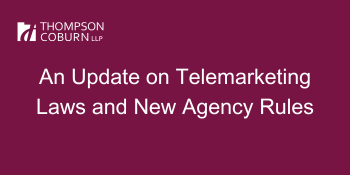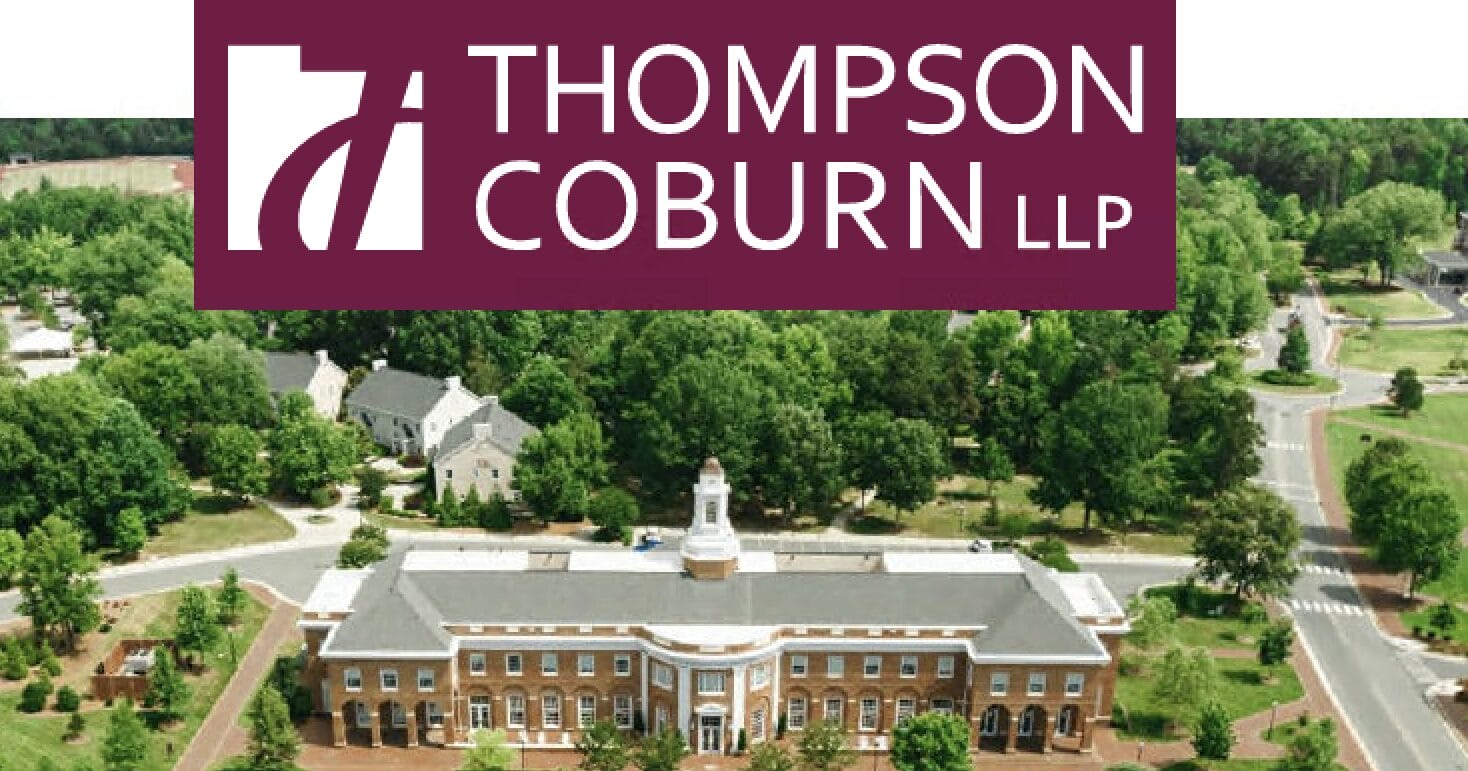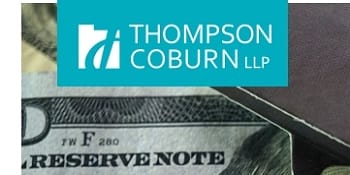
As part of our ongoing commitment to the postsecondary community, Thompson Coburn’s higher education practice routinely creates complimentary resources designed to assist institutions with navigating the legal complexities of the higher education sector. We have collected a number of these resources on this page, including our most recent webinars, training series, desk guides, whitepapers, blog posts, and litigation summaries. We hope you find these resources helpful, and if you have any questions, please contact a member of our team.
Compliance Resources

Compliance Resource: Financial Responsibility Guide
We provide a guide to the reporting obligations under ED’s new Financial Responsibility, Administrative Capability, Certification Procedures, Ability to Benefit Rule.

Compliance Resource: TCPA and other Telemarketing Rules
This guide helps colleges and universities understand TCPA regulations for text messages and calls to students, ensuring permission is obtained for promotional messages.

COMPLIANCE RESOURCE: A Desk Guide for the 2023 Final Financial Value Transparency & Gainful Employment Rule
We have developed this Desk Guide to assist institutions as they contemplate compliance with the final version of the GE rule.

COMPLIANCE RESOURCE: Suggested Protocols for Responding to Individual Borrower Defense to Repayment Claims
With regard to BDR claims, data released by ED suggests that virtually every institution in the U.S. has at least a handful of claims pending against it. Given this trend, we have developed this document to aid institutions with establishing protocols to responding to BDR claims.

COMPLIANCE RESOURCE: 90/10 Rule Compliance: Strategies & Considerations
To remain eligible to participate in the federal student aid programs, proprietary institutions must comply with the “90/10 rule.” New regulations published by ED in October 2022 apply to institutional fiscal years beginning on or after January 1, 2023. This compliance resource, updated March 2023, compiles strategies for managing 90/10 rule compliance.

COMPLIANCE RESOURCE: A Guide to Understanding GLBA Requirements for Institutions of Higher Education
This compliance resource, organized as an FAQ, provides answers to the most common questions regarding the Federal Trade Commission’s updated GLBA Safeguards Rule, which becomes effective in June 2023 and applies to institutions of higher education.

COMPLIANCE RESOURCE: Institutional Loans
For a wide range of reasons, institutions of higher education frequently determine to offer students the opportunity to finance all or part of their education using some form of institutional credit. Such arrangements may qualify as a “private education loan” under federal law, subjecting the institution to a multitude of requirements. This memorandum provides an overview of certain significant federal requirements that institutions of higher education should consider when contemplating an institutional loan program, or any other student financing opportunity.
Webinars/Training Resources
Thompson Coburn’s Higher Education training resources are housed on our YouTube site.
Click here to access the Thompson Coburn Higher Ed playlist on our channel.
Blog Posts
Thompson Coburn’s Higher Education blog, REGucation, strives through practical advice and insight, to help the higher education community manage a fast-changing and increasingly complex regulatory environment.
Our goal is to serve as a practical, concise, and accessible resource for institutions confronting regulatory and policy issues. The blog focuses on the extraordinarily broad and sophisticated set of legal challenges faced by contemporary post-secondary institutions, including those involving real estate, construction, joint ventures, litigation, intellectual property, immigration, taxation, financing, employees and benefits, and government relations, to name a few. We also cover the staggering collection of federal, state, and accrediting agency laws and standards specific to higher education.
Litigation Summaries
Our litigation summaries are your resource for legal updates on key rulings and ongoing cases shaping the higher education sector. Our archive of updates is below.
